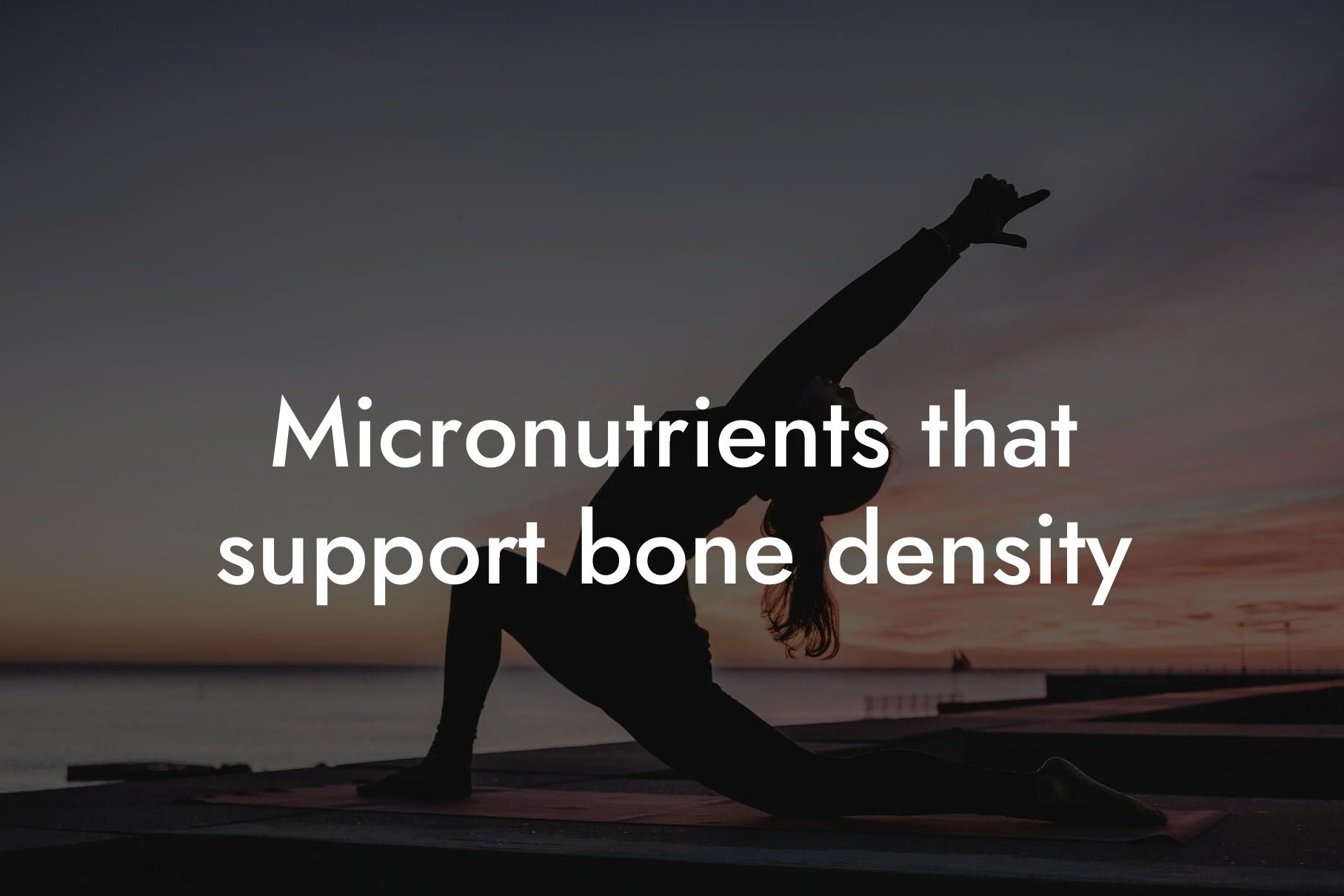As a high-earning professional, you understand the importance of maintaining a healthy and fit physique. You likely spend hours at the gym, follow a strict diet, and get regular check-ups to ensure you're on top of your game. However, there's one factor that could be sabotaging your efforts: alcohol consumption. In this article, we'll delve into the impact of alcohol on body composition, exploring how it affects your body fat, muscle mass, bone density, and overall health.
Table of Contents
- How Alcohol Affects Body Fat
- The Effects of Alcohol on Muscle Mass
- Alcohol's Impact on Bone Density
- Other Health Risks Associated with Excessive Alcohol Consumption
- How to Minimize the Negative Effects of Alcohol on Body Composition
- Monitoring Your Body Composition with DEXA Scans
- Frequently Asked Questions
How Alcohol Affects Body Fat
Alcohol is high in calories, with a single gram containing approximately 7 calories. While this may not seem like a lot, the cumulative effect of regular drinking can lead to significant weight gain. When you consume alcohol, your body prioritizes its metabolism, breaking it down into acetate, which is then converted into fat. This means that the calories from alcohol are more likely to be stored as fat, rather than being used as energy.
Furthermore, alcohol can disrupt your body's natural fat-burning processes. It inhibits the production of lipase, an enzyme responsible for breaking down fat, making it even harder to shed those extra pounds. Additionally, alcohol can increase your appetite, leading to poor food choices and overeating, which can further contribute to weight gain.
The Effects of Alcohol on Muscle Mass
Alcohol can have a significant impact on muscle mass, particularly for those who engage in regular exercise. When you consume alcohol, it can reduce muscle protein synthesis, the process by which your body builds and repairs muscle tissue. This can lead to a decrease in muscle mass, strength, and endurance.
Moreover, alcohol can also increase the production of cortisol, a hormone that breaks down muscle tissue. Elevated cortisol levels can lead to muscle loss, even if you're following a rigorous exercise routine. This can be particularly problematic for individuals who rely on their physical strength and endurance for their profession.
Alcohol's Impact on Bone Density
Alcohol consumption can have a significant impact on bone density, particularly for older adults. Chronic alcohol abuse can lead to a decrease in bone density, increasing the risk of osteoporosis and fractures. This is because alcohol can interfere with the body's ability to absorb calcium, a essential mineral for bone health.
Furthermore, alcohol can also increase the excretion of calcium in the urine, further reducing bone density. This can be particularly problematic for individuals who are already at risk of osteoporosis, such as those with a family history of the condition or those who have a sedentary lifestyle.
Other Health Risks Associated with Excessive Alcohol Consumption
Excessive alcohol consumption is linked to a range of health risks, including liver disease, heart disease, and certain types of cancer. It can also increase your risk of developing type 2 diabetes, as it can lead to insulin resistance and pancreatitis.
Additionally, alcohol can have a significant impact on your mental health, increasing your risk of depression, anxiety, and other mood disorders. It can also impair your cognitive function, making it harder to focus, concentrate, and make sound decisions.
How to Minimize the Negative Effects of Alcohol on Body Composition
If you enjoy drinking, it's not necessary to cut it out completely. However, it's essential to drink in moderation and make conscious choices about your alcohol consumption. Here are some tips to help you minimize the negative effects of alcohol on body composition:
- Drink in moderation: Limit your alcohol intake to no more than one drink per day for women and two drinks per day for men.
- Choose low-calorie drinks: Opt for drinks that are low in calories and sugar, such as vodka and soda water or a dry wine.
- Eat before drinking: Having a meal or snack before drinking can help slow down the absorption of alcohol into your bloodstream.
- Stay hydrated: Drink plenty of water throughout the day to help flush out toxins and reduce the risk of dehydration.
Monitoring Your Body Composition with DEXA Scans
At Tano Performance Group, we understand the importance of monitoring your body composition. That's why we offer DEXA scans, a comprehensive assessment that provides a detailed breakdown of your body fat, muscle mass, bone density, and other health metrics.
Our DEXA scans use advanced technology to provide a precise measurement of your body composition, allowing you to track changes over time and make informed decisions about your diet and exercise routine. With regular scans, you can optimize your body composition, achieving your fitness goals and improving your overall health.
Alcohol consumption can have a significant impact on body composition, affecting your body fat, muscle mass, bone density, and overall health. While it's not necessary to cut out alcohol completely, it's essential to drink in moderation and make conscious choices about your consumption. By monitoring your body composition with regular DEXA scans and making healthy lifestyle choices, you can achieve your fitness goals and improve your overall health.
At Tano Performance Group, we're committed to helping high-earning professionals like you achieve their fitness goals and improve their overall health. With our comprehensive DEXA scans and expert guidance, you can take your physique to the next level and achieve the body you've always wanted.
Frequently Asked Questions
What is the impact of moderate alcohol consumption on body composition?
Moderate alcohol consumption, defined as one drink per day for women and two drinks per day for men, may not significantly affect body composition. However, it's essential to note that individual tolerance and metabolism play a significant role, and even moderate consumption can lead to weight gain and changes in body fat distribution over time.
How does excessive alcohol consumption affect body fat percentage?
Excessive alcohol consumption can lead to an increase in body fat percentage, particularly around the midsection. This is because alcohol is high in empty calories, which can contribute to weight gain, and can also disrupt hormone levels, leading to increased fat storage.
What is the relationship between alcohol and visceral fat?
Research suggests that excessive alcohol consumption is linked to an increase in visceral fat, a type of fat that accumulates around the organs in the abdominal cavity. Visceral fat is a risk factor for chronic diseases, such as type 2 diabetes and cardiovascular disease.
Can alcohol consumption affect muscle mass?
Yes, excessive alcohol consumption can lead to muscle loss and decreased muscle mass. This is because alcohol can disrupt protein synthesis, making it more challenging for the body to build and repair muscle tissue.
How does alcohol impact bone density?
Chronic excessive alcohol consumption can lead to a decrease in bone density, increasing the risk of osteoporosis and fractures. This is because alcohol can interfere with the body's ability to absorb calcium and vitamin D, essential nutrients for bone health.
What is the impact of alcohol on gut health?
Alcohol can disrupt the balance of gut bacteria, leading to changes in the gut microbiome. This can result in digestive issues, inflammation, and impaired nutrient absorption, all of which can affect body composition.
Can alcohol consumption affect hormone levels?
Yes, alcohol can disrupt hormone levels, including insulin, leptin, and cortisol, which play critical roles in regulating metabolism, appetite, and body composition. Hormonal imbalances can lead to weight gain, fat redistribution, and other changes in body composition.
How does alcohol impact water retention?
Alcohol can cause water retention, leading to temporary weight gain and bloating. This is because alcohol is a diuretic, causing the body to lose water and electrolytes, which can lead to water retention and puffiness.
What is the impact of alcohol on athletic performance?
Alcohol consumption can negatively impact athletic performance by reducing reaction time, speed, and strength. It can also lead to dehydration, cramping, and decreased endurance, making it challenging to achieve fitness goals.
Can I still drink alcohol and achieve my fitness goals?
While it's not necessary to completely eliminate alcohol from your diet, it's essential to be mindful of your consumption and make healthier choices. Consider limiting your alcohol intake to special occasions, choosing lower-calorie drinks, and balancing your diet with nutrient-dense foods.
How can I reduce the negative impact of alcohol on my body composition?
To minimize the negative effects of alcohol on body composition, focus on maintaining a balanced diet, staying hydrated, and engaging in regular physical activity. Additionally, consider incorporating foods rich in antioxidants, such as berries and leafy greens, to help combat oxidative stress.
What are some healthier alternatives to traditional cocktails?
Consider opting for lower-calorie drinks, such as vodka with soda water, or choosing cocktails made with antioxidant-rich ingredients like pomegranate or green tea. You can also experiment with mocktails or virgin cocktails for a healthier alternative.
How can I track the impact of alcohol on my body composition?
Regularly tracking your body fat percentage, weight, and measurements can help you monitor the impact of alcohol on your body composition. Additionally, pay attention to how you feel, and adjust your habits accordingly.
What are some common myths about alcohol and body composition?
One common myth is that drinking beer will give you a "beer belly." While beer can contribute to weight gain, it's not the sole cause of a larger midsection. Another myth is that red wine is a healthier option due to its antioxidant content; however, excessive consumption can still have negative effects on body composition.
How can I make healthier choices when drinking socially?
When drinking socially, try to pace yourself, opting for water or lower-calorie drinks between cocktails. Choose healthier snack options, such as nuts or veggies, and avoid drinking on an empty stomach. Additionally, consider designating a sober driver or planning for a safe ride home.
What are some signs that I may need to reassess my alcohol consumption?
If you notice that you're consistently waking up feeling bloated, experiencing digestive issues, or struggling to achieve your fitness goals, it may be a sign that you need to reassess your alcohol consumption. Additionally, if you find yourself relying on alcohol to cope with stress or emotions, it's essential to seek support and consider seeking professional help.
How can I get support if I'm struggling with my alcohol consumption?
If you're struggling with your alcohol consumption, consider speaking with a healthcare professional or a registered dietitian who can provide personalized guidance and support. You can also reach out to friends and family members for encouragement and accountability.
What are some resources available to help me make healthier choices?
Tano Performance Group offers a range of resources, including articles, workout plans, and nutrition guides, to help you make healthier choices and achieve your fitness goals. Additionally, consider consulting with a healthcare professional or a registered dietitian for personalized guidance and support.
How can I stay motivated to make healthier choices?
Staying motivated to make healthier choices requires a combination of setting realistic goals, tracking progress, and celebrating small victories. Surround yourself with like-minded individuals, and don't be too hard on yourself if you slip up – simply get back on track and move forward.
What is the most important thing to remember about alcohol and body composition?
The most important thing to remember is that everything in moderation is key. While some alcohol consumption may not significantly impact body composition, excessive consumption can have negative effects. Be mindful of your habits, make healthier choices, and prioritize your overall health and well-being.
Here are some related articles you might love...
- The role of antioxidants in body composition
- Nutritional strategies for reducing visceral fat
- Micronutrients that support bone density
- Plant-based diets and their effects on body composition
- Omega-3 fatty acids and their impact on body fat
- Carb cycling for fat loss and muscle gain
- Nutritional timing for optimal muscle growth
- Probiotics and gut health: Their role in body composition
- The benefits of collagen for bone and muscle health
Zak Faulkner
Zak Faulkner is a leading authority in the realm of physical health and body composition analysis, with over 15 years of experience helping professionals optimise their fitness and well-being. As one the experts behind Tano Performance Group, Zak has dedicated his career to providing in-depth, science-backed insights that empower clients to elevate their physical performance and overall health.
With extensive knowledge of DEXA technology, Zak specializes in delivering comprehensive body assessments that offer precise data on body fat, muscle mass, bone density, and overall physique. His expertise enables individuals to make informed decisions and achieve their fitness goals with accuracy and confidence. Zak’s approach is rooted in a deep understanding of human physiology, combined with a passion for helping clients unlock their full potential through personalised strategies.
Over the years, Zak has earned a reputation for his commitment to excellence, precision, and client-focused service. His guidance is trusted by top professionals who demand the best when it comes to their health. Whether advising on fitness programs, nutritional strategies, or long-term wellness plans, Zak Faulkner’s insights are a valuable resource for anyone serious about taking their health and fitness to the next level.
At Tano Performance Group, Zak continues to lead our Content Team revolutionising how professionals approach their physical health, offering unparalleled expertise that drives real results.




